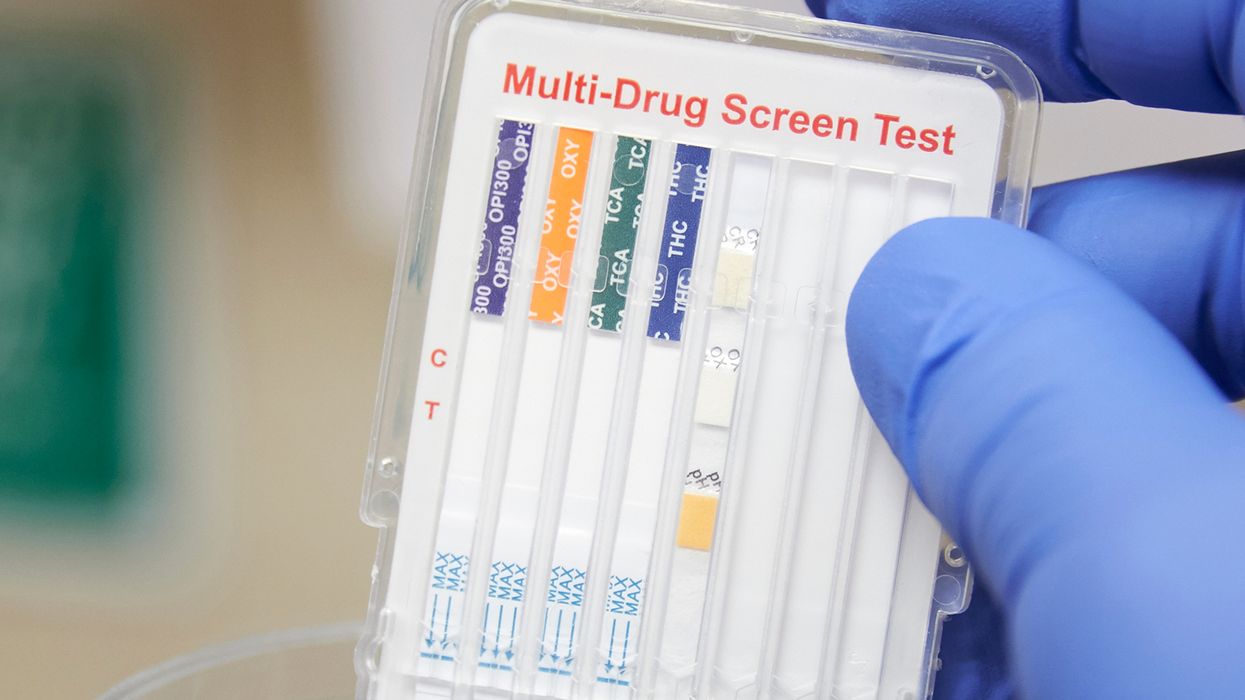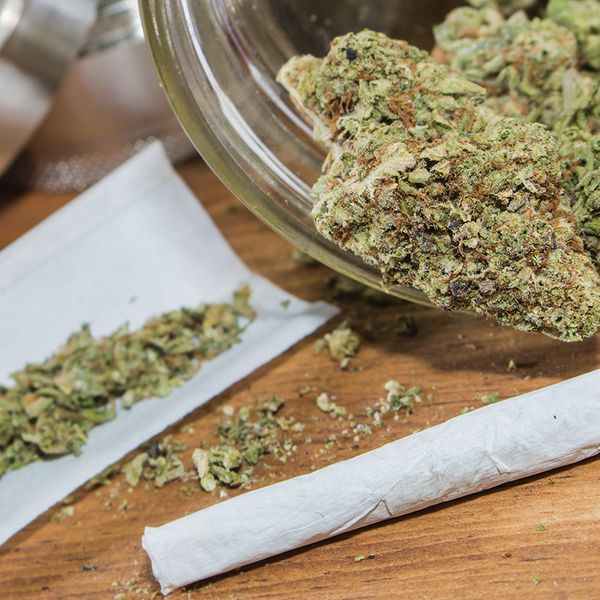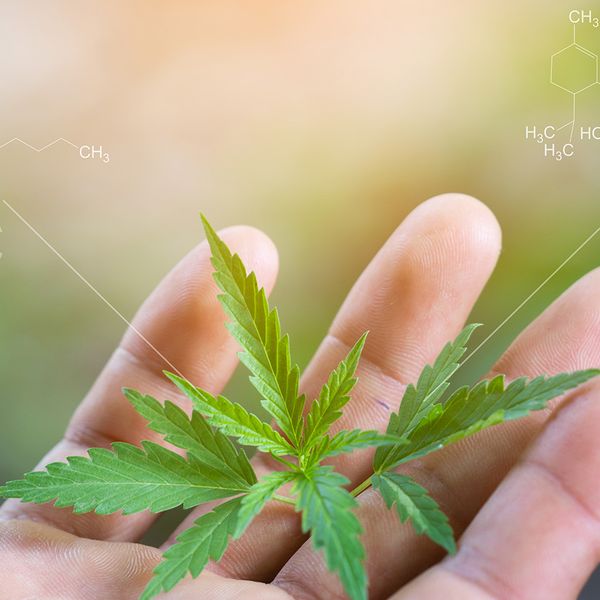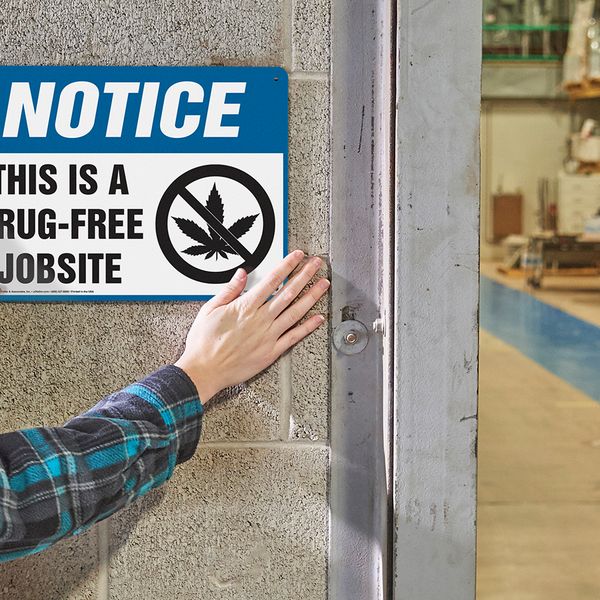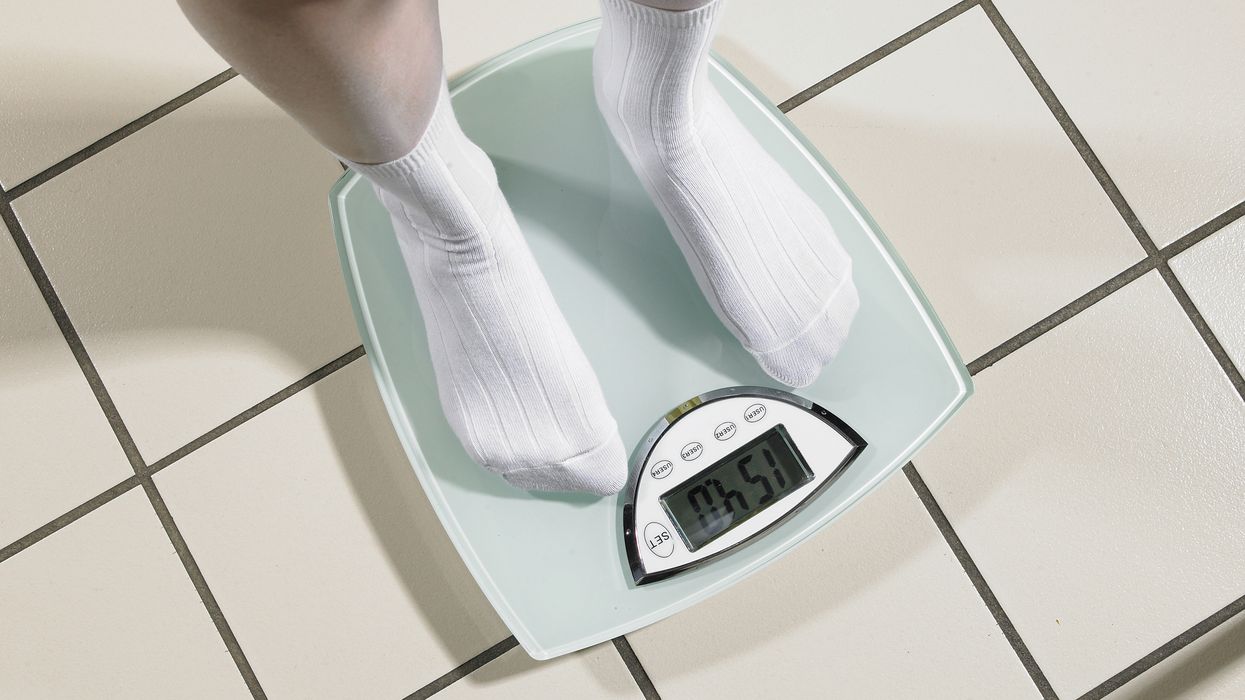Marijuana testing remains popular with employers, Pulse Poll finds
When it comes to marijuana, to test or not to test is often the question.
A recent Pulse Poll from J. J. Keller & Associates found that when asked about marijuana testing, many employers answer “yes.”
The poll, conducted between July 10 and 17, found that more than 80 percent of companies surveyed test employees for marijuana use.
Why the controversy?
While the majority of employers surveyed do test for marijuana, testing for the drug can be controversial because of what a positive test indicates.
A positive test for marijuana shows that a person has used the substance sometime in the past 30 days or so, but does not prove that an individual is impaired by the drug.
Impairment due to marijuana use can have serious workplace implications. Recent use of marijuana impacts the areas of the brain controlling balance, coordination, and judgment. This slows reaction time and decision-making ability, meaning an individual impaired by marijuana use could have a higher risk of injury or a vehicle crash, as well as lower workplace productivity.
However, because of the way marijuana is metabolized by the body, a test can’t be used to determine whether an individual used the drug three hours ago or three weeks ago.
This lack of a correlation between present impairment and a positive test can make it difficult to use a positive test as justification for a negative employment action, such as a refusal to hire, suspension, or termination.
Marijuana testing may be required
In some situations, marijuana testing is necessary. Companies that need to conduct drug and alcohol testing under federal Department of Transportation (DOT) or other federal regulations must continue to adhere to those requirements and test applicants and employees for the drug.
Under federal law, marijuana remains illegal, although it has been legalized for medical use in 37 states and for recreational use in 23.
The federal government classifies drugs according to their acceptable medical use and potential for abuse. Schedule 1 drugs are the most dangerous; they have a high potential for abuse and no currently accepted medical use, as well as a lack of accepted safety for use under medical supervision. This list includes marijuana, as well as heroin, LSD, and ecstasy.
Because marijuana is still illegal on the federal level, employers can’t take the drug off their testing panel if they are government by federal testing regulations.
What are employers saying?
Despite these state restrictions, employers continue to see value in marijuana testing when it is allowed. “We are a safety sensitive industry,” one participant said. “Positions that are not operating heavy equipment, driving, or making financial decisions would be as negatively impacted by marijuana use outside of work.”
When required to follow federal regulations, employers note that they have no choice. “Our company uses federal guidelines to test our DOT and safety sensitive employees,” one survey participant said. “This includes marijuana.”
However, they also find that the lack of a correlation between impairment and a positive test makes testing for the drug a challenge. “The marijuana test is problematic because it will give a positive even if the person has used cannabis up to a month ago or more,” a survey participant noted.
Key to remember: Marijuana testing is still widely conducted with federal and state regulations playing a role in an employer’s decision to test or not. A company’s testing policy may hinge on whether testing is required under federal law and if testing is allowed under state law.
State laws may prohibit testing
When testing is not required under federal law, an employer must follow state laws that govern how tests are conducted and what substances can be tested for.
Some states take a testing approach that is 180 degrees from the one adopted by the federal government, and severely restrict testing for the drug. New York, for example, protects an employee’s right to use marijuana away from the workplace. Because a positive test for marijuana doesn’t prove when the drug was used (it could have been used over the weekend, when an employee was off-duty, for example), testing for the drug isn’t allowed.
In New Jersey, a positive marijuana test can only be taken into consideration when there is a reasonable suspicion that an employee used marijuana while working. This makes it important for an employer to document signs that an individual was under the influence of the drug while at work, and not rely on only a positive test to prove impairment.
Other states restricting marijuana testing to some degree include:
- California (as of January 1, 2024)
- Connecticut
- Minnesota
- Montana
- Nevada
- Oklahoma
- Rhode Island
- Washington (as of January 1, 2024)
Testing is also restricted in the District of Columbia.

